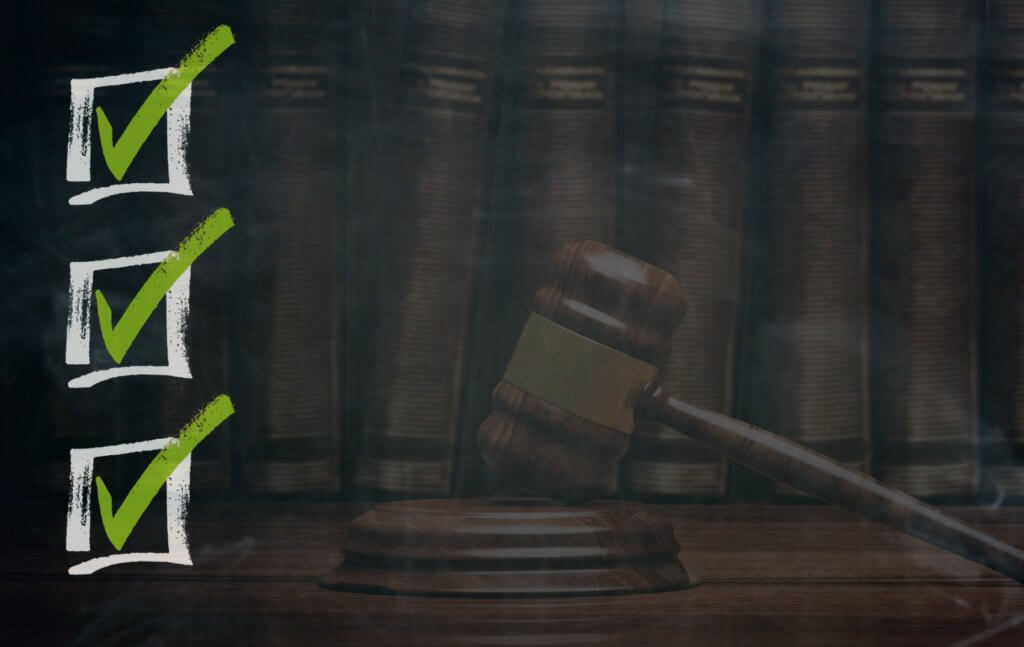What to Do After a Car Accident
1. Get to safety and get medical care.
If you are injured in an accident, your first priorities should always be to get to a safe location and to get the medical care you need. Everything else I am listing in this post is a lower priority than those two essentials. Too often victims of auto accidents suspect they might be hurt, but decide not to seek medical help because they just are not sure it is needed. They tend to hope the pain will just go away after some rest. However, adrenaline is typically elevated just after an accident and you may be distracted by other concerns at the scene. You may be in a hurry to get to wherever you were going before the accident happened. But people are often simply not in the best state of mind to make major decisions right after a car accident. It is better to go to a hospital or urgent care, report your symptoms, and have yourself checked out than to miss a significant injury and delay needed treatment.
2. Notify police.
Failing to notify police of an accident can harm your case. If another driver is at fault, and especially if that other driver violated a traffic law, the police may issue a citation. Showing the at-fault insurance company that their insured was ticketed by police can help establish liability later on. Police can also help with evidence gathering at the scene, and police can be witnesses regarding the evidence at the scene. Even if an at-fault driver seems very polite and accepts responsibility for the collision at the scene, that driver may change their approach later on, especially after talking with their insurance company. Police can make a record of admissions from everyone present that you can use later as needed.
3. Gather evidence.
If circumstances permit, and if you can do so without endangering yourself or others, try to take photos of the vehicles involved in the crash. Use your phone to get as many photos as needed to document any damage to any of the vehicles, the location of the vehicles, and any tire marks or debris on the road. If you are not able to take photos due to your injuries, ask a witness to do so and be sure you get the witnesses’ contact information. Another important piece of evidence that often gets overlooked at the scene of a crash are statements and behaviors by other drivers. If another driver apologizes to you, or admits fault in any other way, be sure to make a note of exactly what was said, by whom, and when. If the other driver is behaving strangely, make a note of it, and be as specific as possible. If something stands out to you, there is probably a reason. Those observations can sometimes be important months later.
4. Collect witness contact information and insurance information.
Before leaving any accident scene, it is important to gather contact information for all witnesses and insurance information for any other drivers. Often the responding police officers will accomplish this for you. However, it does not hurt to ask the police to either provide you this information at the scene, or to ask them how you should obtain it later.
5. Get legal advice.
Insurance adjusters often try to contact accident victims early, hoping to close out a case before the injured person even knows how much treatment they are going to need. They ask for recorded statements early, in part so they can lock you in to descriptions of injuries before you know what all your injuries are. Often soft tissue injuries only become apparent in the days after an accident. It is important to reach out for legal representation as soon as possible after being injured in a car crash. Let me help you by talking with the insurance companies for you. The sooner I can get to work for you the less likely the insurance company is to trick you. My clients get to focus on feeling better and getting the treatment they need while I take over dealing with insurance companies, police departments, and witnesses.
These are just a few tips to address common issues that arise after car accidents. Every client’s needs, circumstances, and questions are different. If you have been injured in a car accident in or around Denver, it costs you nothing to reach out to me and talk about your case. Call (303) 339-8846 for your free consultation or schedule an in-person or virtual meeting directly by clicking here.

